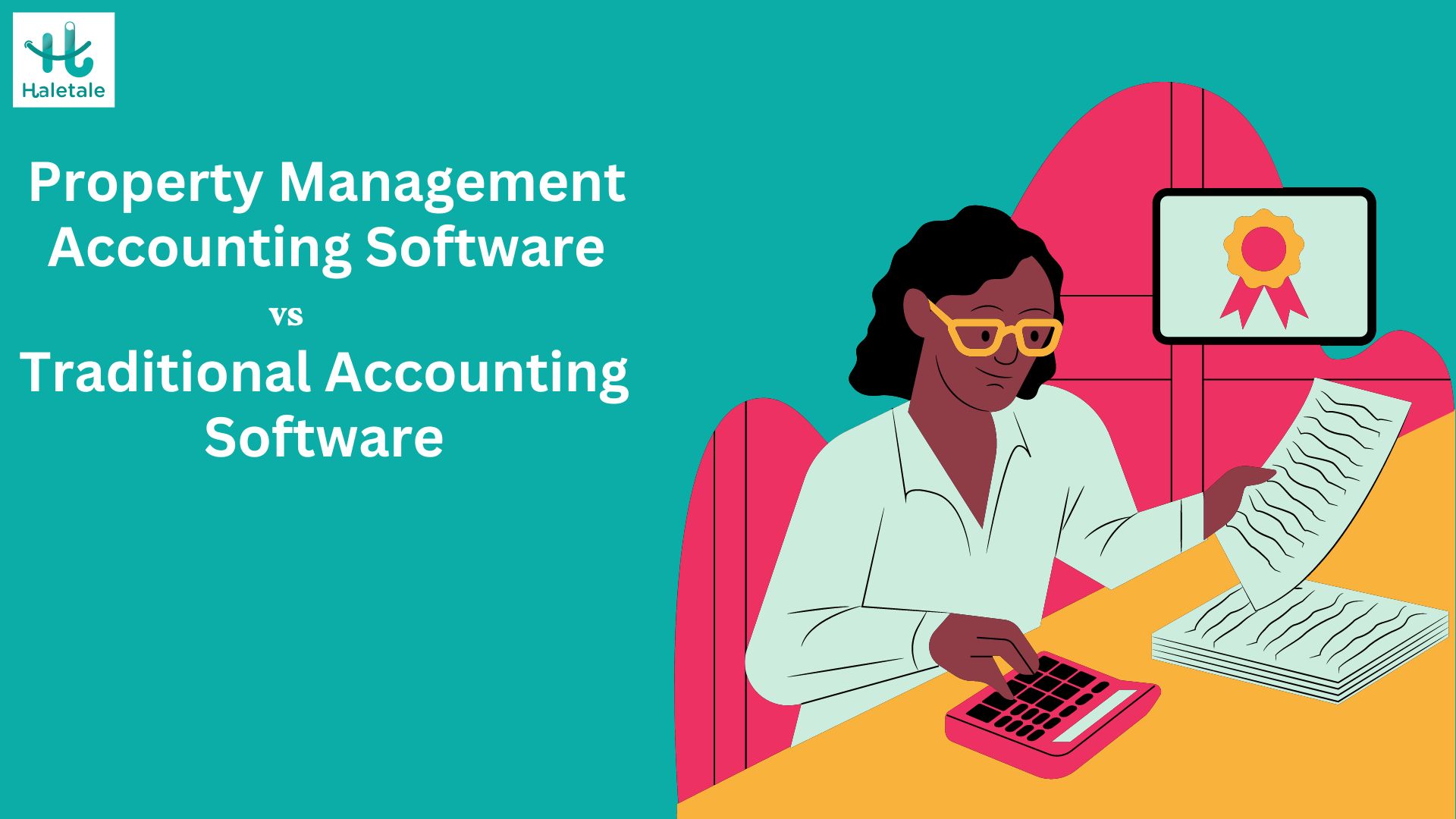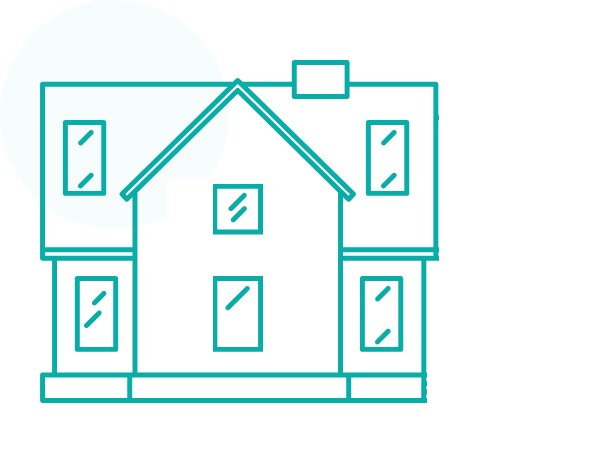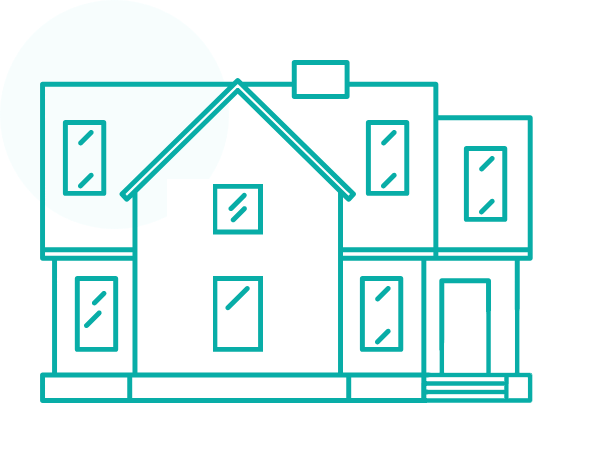In the ever-changing realm of property management, being able to have a sound financial management strategy is a crucial key to success. Property managers often face a difficult choice between traditional accounting software and specialized property management accounting solutions in order to maximize their productivity. This article will explore the nuances of property management accounting software vs traditional accounting software, shedding light on their respective features, benefits, and suitability for modern real estate financial management.
Understanding Property Management Accounting Software
Property management accounting software refers to a class of tools designed to help ease the financial management burden on property managers, landlords, and investors. Its primary purpose is to help handle and automate various functions related to property management, such as: tracking rent payments, managing deposits, and generating financial reports. In the current real estate market, property management accounting software plays a crucial role in helping simplify complex financial tasks, providing detailed insights through reporting and analytics, and ensuring compliance with financial regulations. Overall, property management accounting software is essential for modern property managers who are looking to optimize their financial operations and fortify their long-term viability in a very competitive real estate industry.
Comparing Property Management Accounting Software vs Traditional Accounting Software
The decision property managers have to make between property management accounting software and traditional accounting software is absolutely crucial. This comparison will delve deep into the advantages and differences of each, focusing on the user experience, financial reporting, scalability, and security. Armed with this information, managers should more easily be able to make such a foundational decision in the best mindset possible.
- Integration with Property Management Tasks:
Property management accounting software stands out for the preference of integrated solutions for both financial and operational tasks such as maintenance requests, tenant screening, document management, and rent collection. This is in addition to also offering traditional accounting tools such as invoicing and spreadsheet management.
Traditional accounting software such as QuickBooks focuses primarily on helping users with general accounting tasks without the more property management needs. It becomes clear that property management accounting software combines the best of both worlds and represents a more efficient use of finances.
- Customization and User Experience:
Property management accounting software has a unique ability to cater to the very particular needs of real estate businesses. This class of software offers customizable features that can be tailored to specific requirements, ensuring that the software can be adapted to suit each individual property manager’s workflows and preferences.
In stark contrast, traditional accounting software lacks the level of customization needed for complex property management tasks. While it is able to be used across many different industries, it does not provide the specialized features required for maximizing property management operations. The user experience is also quite fixed and not nearly as customizable across many use cases.
- Advanced Reporting and Analytics:
Property management accounting software incorporates advanced reporting capabilities that aid with strategic financial planning and decision-making. These solutions proffer detailed insights through customizable reports and analytics tools that assist property managers to track their financial trends, monitor the performance of their properties and make informed decisions about the future of their portfolio based on the insights that this class of software provides.
More traditional accounting software may provide standard financial reporting capabilities but lacks the depth of analysis and customization options that property management accounting software has in droves.
Overall, property management accounting software far outstrips traditional accounting software in its level of integration with property management tasks, the customization options it provides, and the uniquely suited user experience that is tailored to the needs of real estate professionals.
FAQs:
What are the primary differences between property management accounting software and traditional accounting software?
Property management accounting software differs from traditional accounting software in its provision of specialized features that assist with essential property management tasks. It integrates financial management functions with the provision of operational features such as maintenance requests and rent collection, making it a comprehensive solution for property managers. Traditional accounting software, on the other hand, focuses on general accounting tasks without the features required for efficient property management operations.
How does property management accounting software enhance efficiency in real estate financial management?
By streamlining accounting tasks particular to property management such as tenant screening, maintenance management and insights, property management accounting software goes a long way towards improving the efficiency of property managers. By helping managers automate repetitive tasks, providing a central repository for data and providing real-time insights, property management accounting software drastically reduces errors and improves operational efficiency.
What should real estate businesses consider when choosing between these two types of software?
When choosing between property management accounting software and traditional accounting software, factors such as customization, cost and scalability should be considered. Property management software offers specialized tools for managing properties efficiently but may end up being significantly more expensive than traditional accounting solutions. Managers should assess their specific needs, the scalability of the software options, and the long-term benefits of investing in a solution that caters to their industry-specific requirements before making a final decision.
How has the integration of technology changed accounting practices in property management?
Via the integration of technology and property management accounting practices, there has been an incredible streamlining of financial tracking and reporting. Property management software provides digital processes for previously manual tasks such as rent collection. With this integration in place, there has been an increased accuracy, transparency and efficiency in the managing of real estate finances, allowing property managers make data-driven decisions.
Conclusion
Selecting the appropriate software for particular real estate financial management requirements is essential for maximizing operational effectiveness and fostering corporate success. Accounting software for property managers provides customized solutions that simplify bookkeeping, link with property management activities, and offer sophisticated reporting features essential for the real estate industry’s strategic decision-making. Property managers may increase efficiency, improve financial transparency, and maintain their competitiveness in the ever-changing real estate market by choosing software that meets their specific needs.
Examine your accounting program of choice and weigh the advantages of a professional property management program. Examine how property management accounting software may improve operational effectiveness, simplify your financial procedures, and offer insightful information to help you grow your real estate company.
Decide wisely and purchase software that will fulfill your unique requirements and help you achieve greater success with your property management initiatives.









